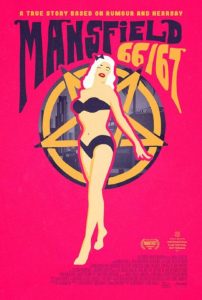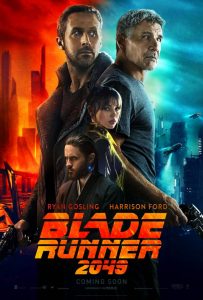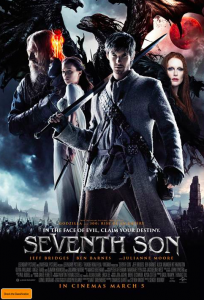From the time he burst onto the scene with his memorable pseudo-apartheid piece District 9, South African director Neil Blomkamp has been on a winner with his consistent use of Johannesburg – a sprawling and volatile city of contrasts that provides the perfect backdrop to exhibit Blomkamp’s brutal but hopeful view of the world. Taking a step back from the vast visual scope of Elysium, Blomkamp returns to a more intimate and grounded scenario with Chappie, co-written with Teri Tatchell, based on the emergence into the world of the first sentient robot.
Dev Patel plays Deon, the designer of a rapidly growing droid police force, which has had dramatic success in containing Johannesburg’s unruly criminal world. With one droid suffering irreparable damage after a string of unfortunate missions, and now due for recycling, Deon develops other plans for the its post-duty use. He has managed to come up with a program that would give any robot a consciousness, something his boss (Sigourney Weaver) doesn’t necessarily want her armed robots to have. However, Dev is a determined guy and he is set on his goal.
However, as with any child, a growing mind needs to be carefully monitored so that it isn’t swayed by detrimental influences. When at last Deon does install this program, the droid we soon know to be Chappie (Sharlto Copley) must face all the challenges and moral dilemmas that every child must as they grow up. Navigating this period is a dicey challenge, when you’re already the stigmatised embodiment of mechanised justice. 
Chappie is by no means an original idea. In fact, the whole film is a something of a mash-up. The scientist-subject relationship between Deon and Chappie is similar to that from District 9. The first minute plays as a close homage to Robocop, and AI: Artificial Intelligence gets a good workout for self-evident reasons. There is also something of the most recent Dredd in the vivid violence, chaotic underworld and shamelessly cartoonish villains. Even the soundtrack is an at times clumsy mix of Hanz Zimmer’s resonant chords and the work of South African rap outfit Die Antwoord. The industrial design is also consistent with Blomkamp’s previous work.
However, while some more adventurous plotting might have been nice, this is not to say that Chappie is not enjoyable. On the contrary, there is a lot to a like about the film’s verve and sense of fun, if you’re willing to accept the film’s obvious quirks, such as: the fact that Hugh Jackman‘s character is always carrying a rugby ball for no particular reason; the needlessly gruesome arsenal of weapons that the robot known as the Moose employs; and the fact that the film’s central stars go by their real life names – Ninja and Yolandi.
Indeed, Die Antwoord’s pervasive presence in this will be a contentious one. As someone not particularly familiar with their music, I found them to be suitably eccentric and at home in the surroundings as Chappie’s adoptive parents, but others might not take too kindly to their merchandise adorning so much of the derelict factory abode where much of the film takes place. Their effect on the robot’s personality and moral compass, in conflict with Deon’s vision, are perhaps some of the more interesting themes. However, what Blomkamp aims to achieve by drawing this obverse connection to the real world is never clear, and this could detract from the charting of Chappie’s development (played by Sharlto Copley).
This is a pity, because Blomkamp is clearly a capable filmmaker, and a lot of people are hoping for big things when he takes the reigns of the much-anticipated Alien reboot. There is promise in the way Blomkamp has ably conveyed vulnerability and identity through this very likeable robot, but in many ways, this haphazard assemblage of a film resembles Chappie himself: a mixture of parts cobbled together, pitching a childlike enthusiasm against an undeniable streak of violence. And while he is a reasonably entertaining, he’s no masterpiece.
Chappie is in Australian cinemas from 12 March through Sony Pictures.





